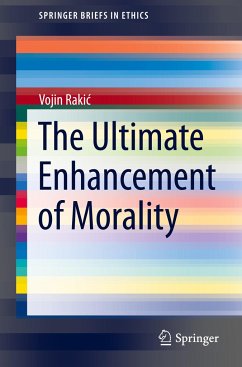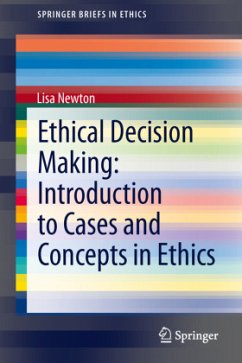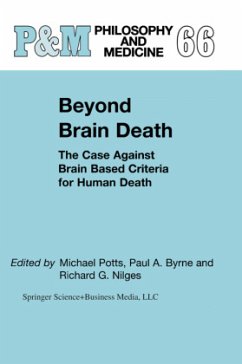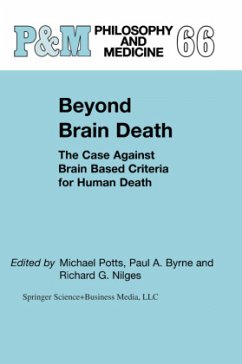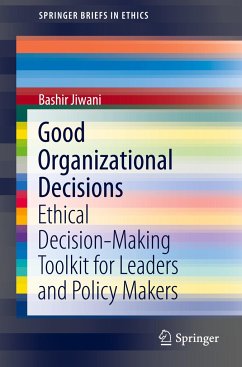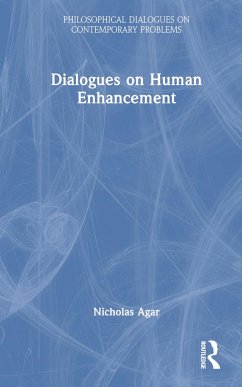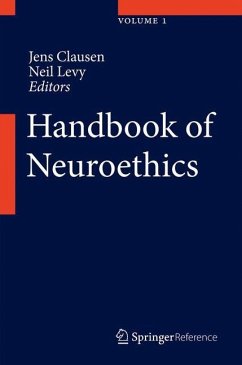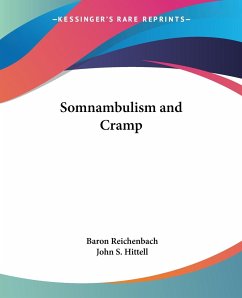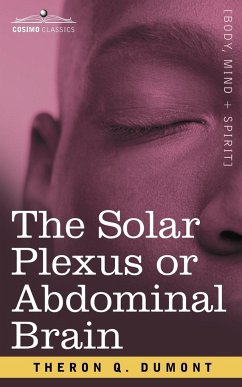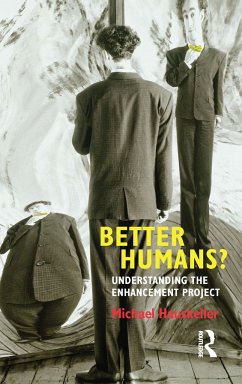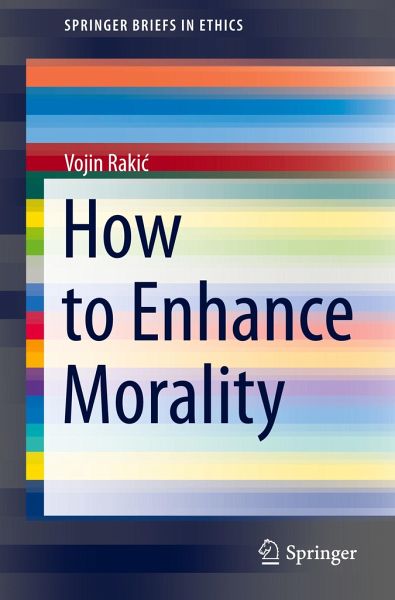
How to Enhance Morality

PAYBACK Punkte
25 °P sammeln!
This book offers an innovative approach to moral enhancement. We, as humans, have a moral duty to be as good as we can be. Hence, moral bio-enhancement (MBE), if effective and safe, is our moral duty. However, it has to be voluntary because if it is made compulsory, human freedom (of the will) would be curtailed. As freedom (of the will) is an essential component of humanness, compulsory MBE would infringe upon our humanness.An essential question is; what will motivate humans to subject themselves voluntarily to MBE?The book argues - and supports by using empirical/experimental evidence - that...
This book offers an innovative approach to moral enhancement. We, as humans, have a moral duty to be as good as we can be. Hence, moral bio-enhancement (MBE), if effective and safe, is our moral duty. However, it has to be voluntary because if it is made compulsory, human freedom (of the will) would be curtailed. As freedom (of the will) is an essential component of humanness, compulsory MBE would infringe upon our humanness.
An essential question is; what will motivate humans to subject themselves voluntarily to MBE?The book argues - and supports by using empirical/experimental evidence - that morality and happiness operate in a circularly supportive relationship that applies to most humans most of the time: the better they are, the happier they will be; the happier they are, the better they will be. Hence, the grounding rationale for MBE ought not to be the prevention of "ultimate harm" based on compulsory MBE (as argued by Persson and Savulescu), but human happiness based on voluntary MBE. The primary objective of the book is to provide the readers with an original view on moral enhancement, whilst proposing a novel conception of moral enhancement that is informed by new biotechnological developments.
An essential question is; what will motivate humans to subject themselves voluntarily to MBE?The book argues - and supports by using empirical/experimental evidence - that morality and happiness operate in a circularly supportive relationship that applies to most humans most of the time: the better they are, the happier they will be; the happier they are, the better they will be. Hence, the grounding rationale for MBE ought not to be the prevention of "ultimate harm" based on compulsory MBE (as argued by Persson and Savulescu), but human happiness based on voluntary MBE. The primary objective of the book is to provide the readers with an original view on moral enhancement, whilst proposing a novel conception of moral enhancement that is informed by new biotechnological developments.



